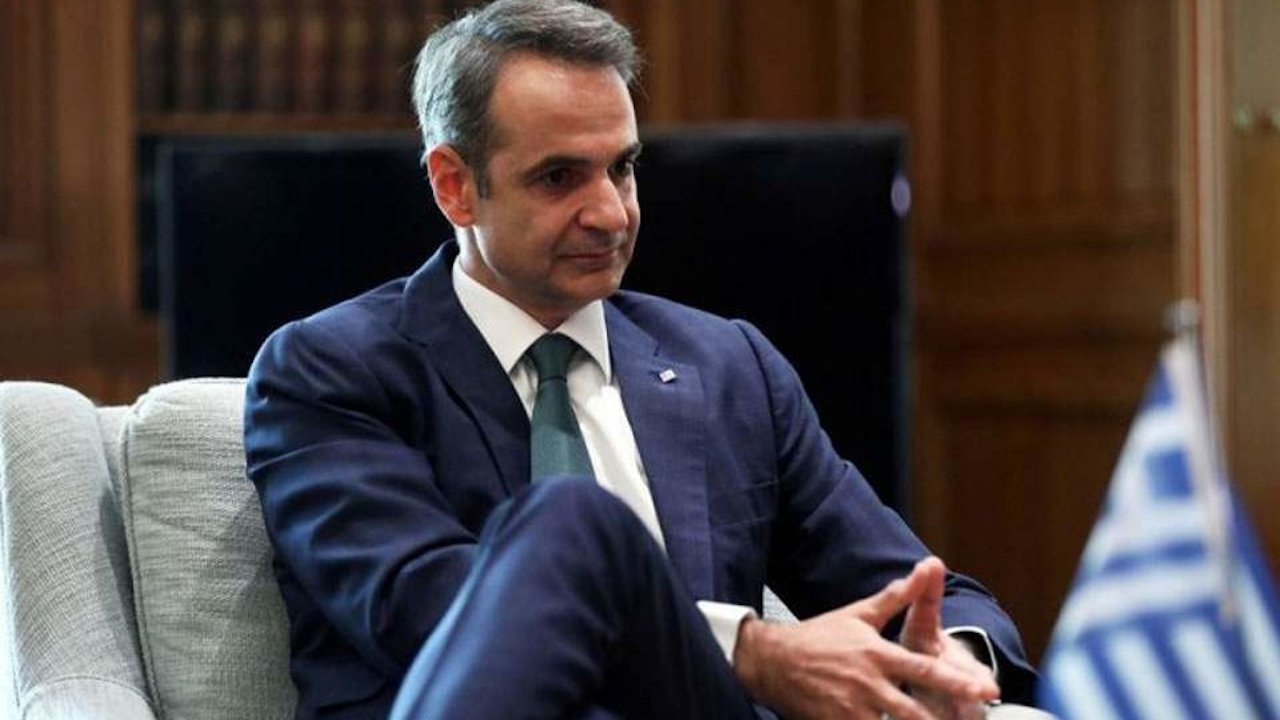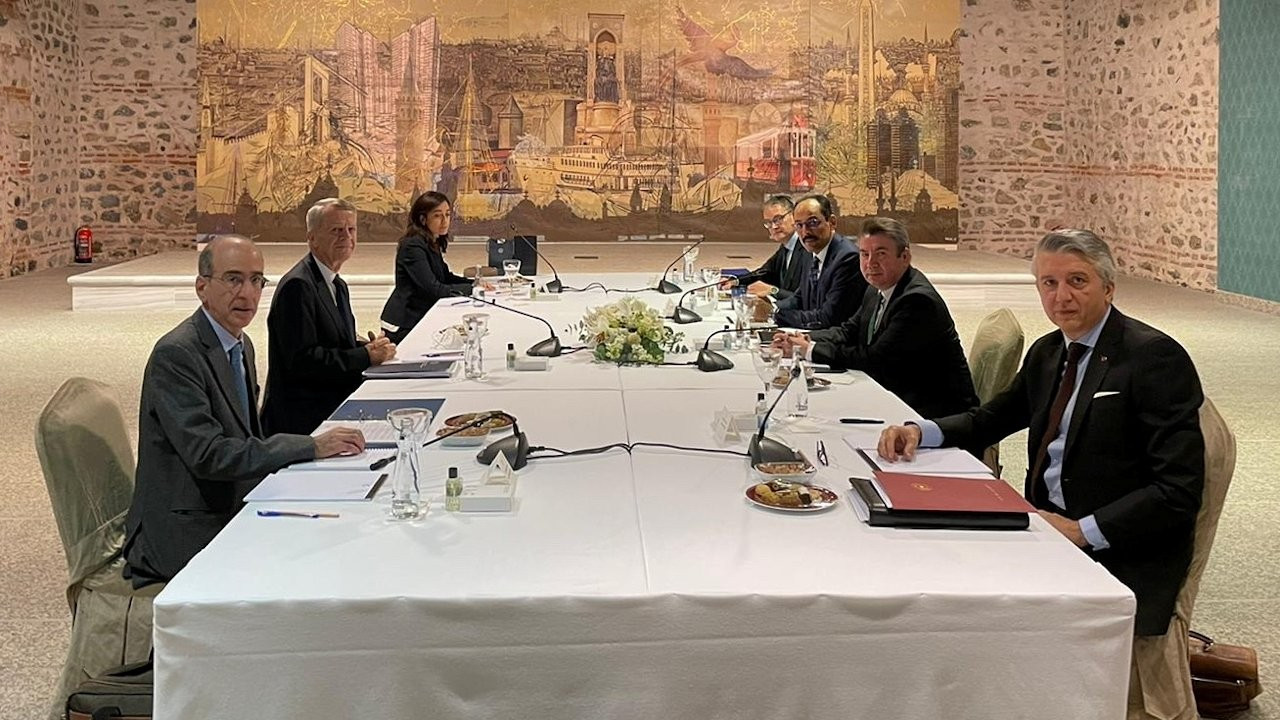Turkey committed to improving EU relations, Erdoğan tells Merkel
President Recep Tayyip Erdoğan told German Chancellor Angela Merkel on Feb. 8 that Turkey is committed to improving relations with the EU, according to a statement released by the Turkish Presidency. The German government also released a statement with regards to the two leaders' meeting, saying Merkel told Erdoğan that she welcomed recent positive developments in the Eastern Mediterranean.
Duvar English
President Recep Tayyip Erdoğan told German Chancellor Angela Merkel on Feb. 8 that Turkey is committed to improving relations with the EU “with a positive agenda,” according to a statement released by the Turkish Presidency.
The two leaders discussed bilateral ties, regional issues and Turkey-EU relations in a video conference, the statement said.
Erdoğan demanded an update to the refugee deal inked with the EU on March 18, 2016, and reiterated his expectation on a Turkey-EU summit to be held before Portugal's presidency of the EU Council ends, the statement also said.
Cumhurbaşkanı @RTErdogan, Almanya Başbakanı Angela Merkel ile video konferans görüşmesi gerçekleştirdi. pic.twitter.com/Lz8exvz5L5
— T.C. Cumhurbaşkanlığı (@tcbestepe) February 8, 2021
The German government also released a statement with regards to the two leaders' meeting, saying Merkel told Erdoğan that she welcomed recent positive developments in the Eastern Mediterranean.
"The Chancellor welcomed the most recent positive signals and developments in the Eastern Mediterranean," the German government said in its statement. "She stressed that it was now important to make progress in the dialogue."
Turkey, which remains an official candidate for EU membership despite the tensions, is facing the threat of EU economic sanctions over a hydrocarbons dispute with Greece in the Eastern Mediterranean.
Greece and Cyprus, strongly backed by France, want to punish Turkey for what they see as provocative oil and gas exploration by Turkish vessels in disputed waters, but Germany and Italy are reluctant to go ahead with any sanctions on Ankara.
Turkey has now withdrawn the vessels and is set to restart talks with Greece, although the EU has accused Ankara of playing “cat and mouse” in a pattern of provocation and reconciliation.
EU leaders will decide in March whether to impose sanctions.
Brussels also accuses Erdoğan of undermining the economy, eroding democracy and destroying independent courts and media, leaving Turkey’s bid to join the EU further away than ever.

 Greece, Turkey 'to resume exploratory talks by early March'Diplomacy
Greece, Turkey 'to resume exploratory talks by early March'Diplomacy Turkish-Greek talks: One small step…well, that’s itDiplomacy
Turkish-Greek talks: One small step…well, that’s itDiplomacy